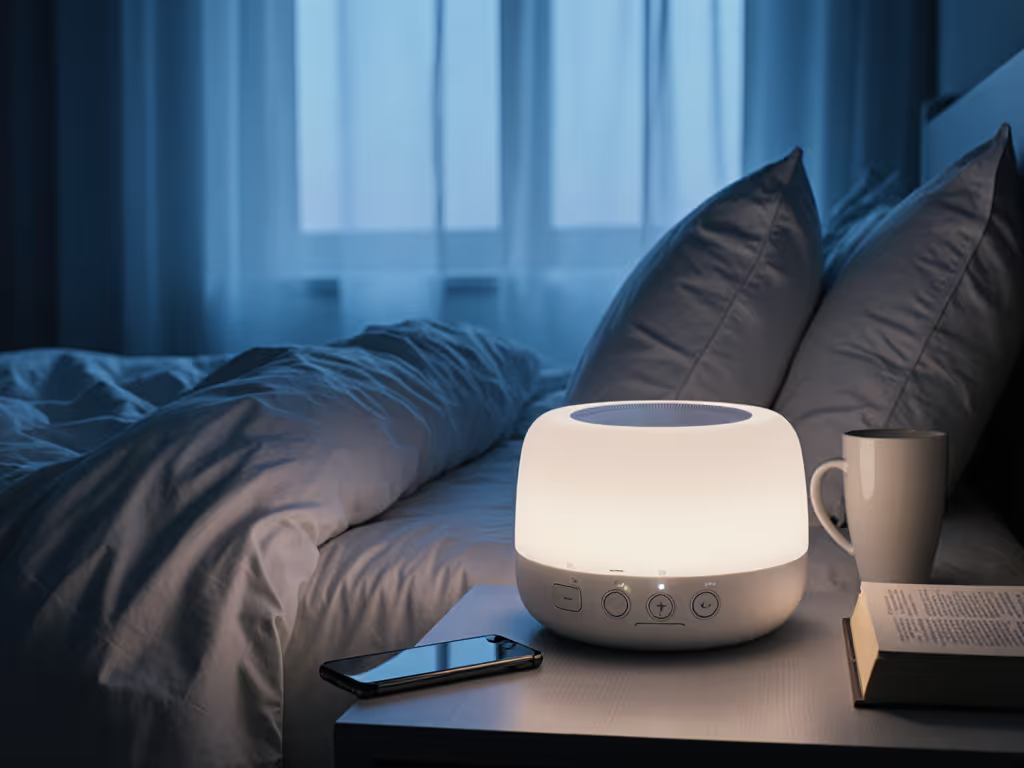
Single Parent Sound Machines With Auto-Restart: Solo Sleep Reliability
Learn how to pick reliable sound machines that auto-restart, with zero-light, tactile controls, and setup/tests tailored for solo parents' uninterrupted sleep.

Learn how to pick reliable sound machines that auto-restart, with zero-light, tactile controls, and setup/tests tailored for solo parents' uninterrupted sleep.
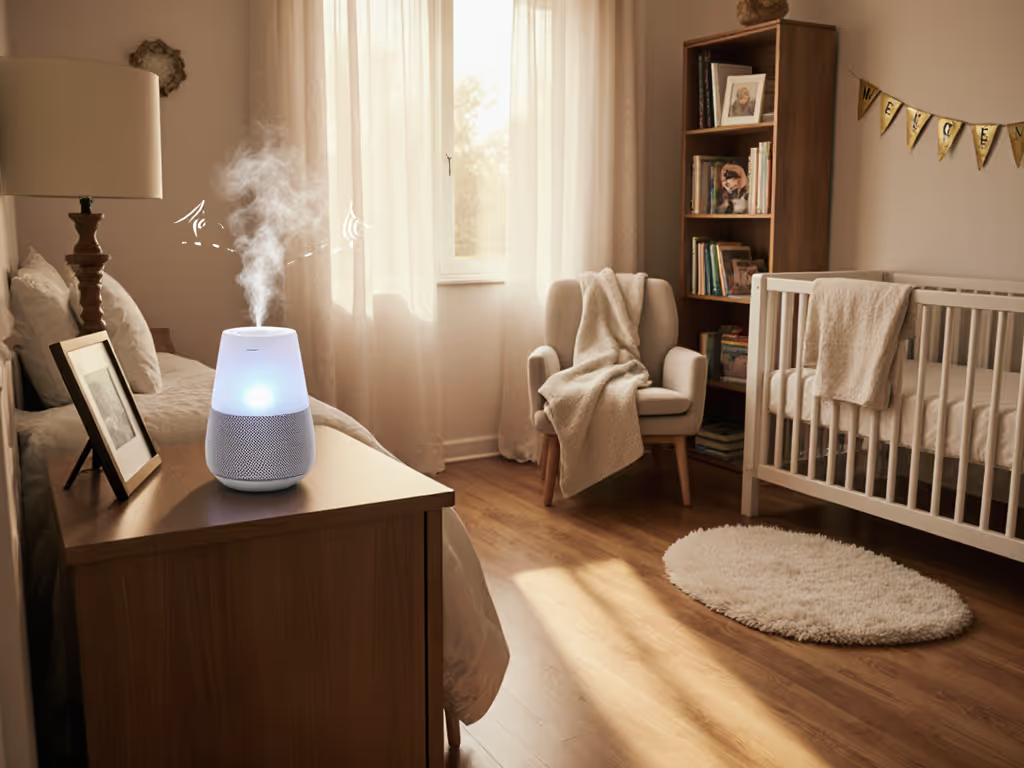
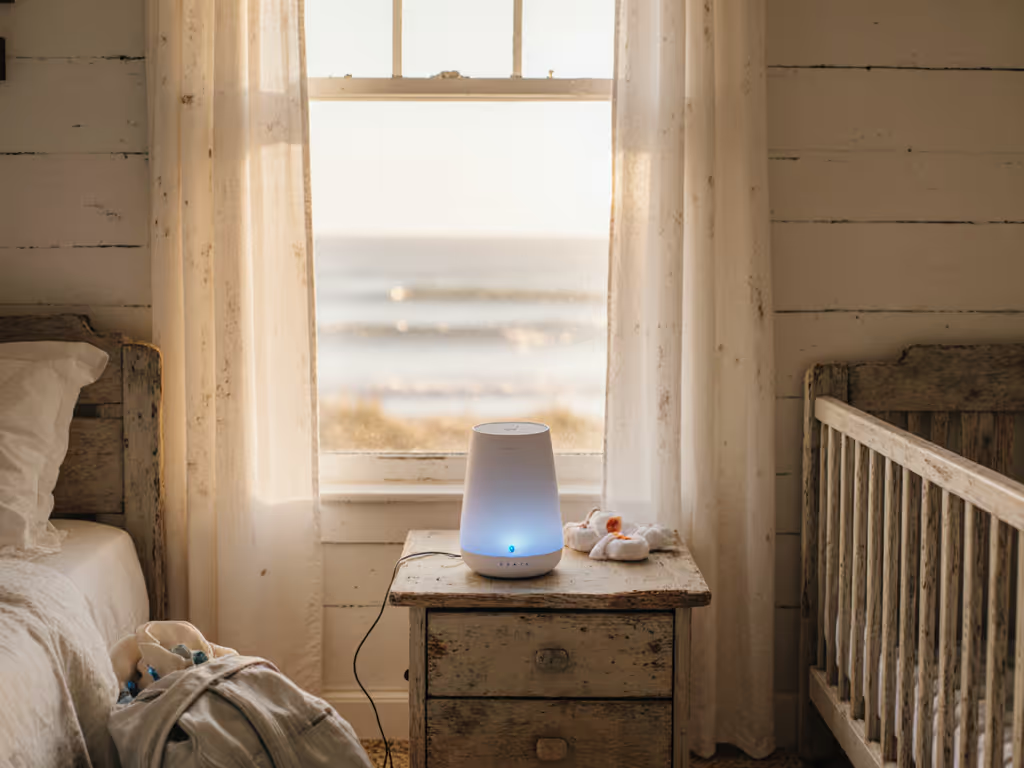
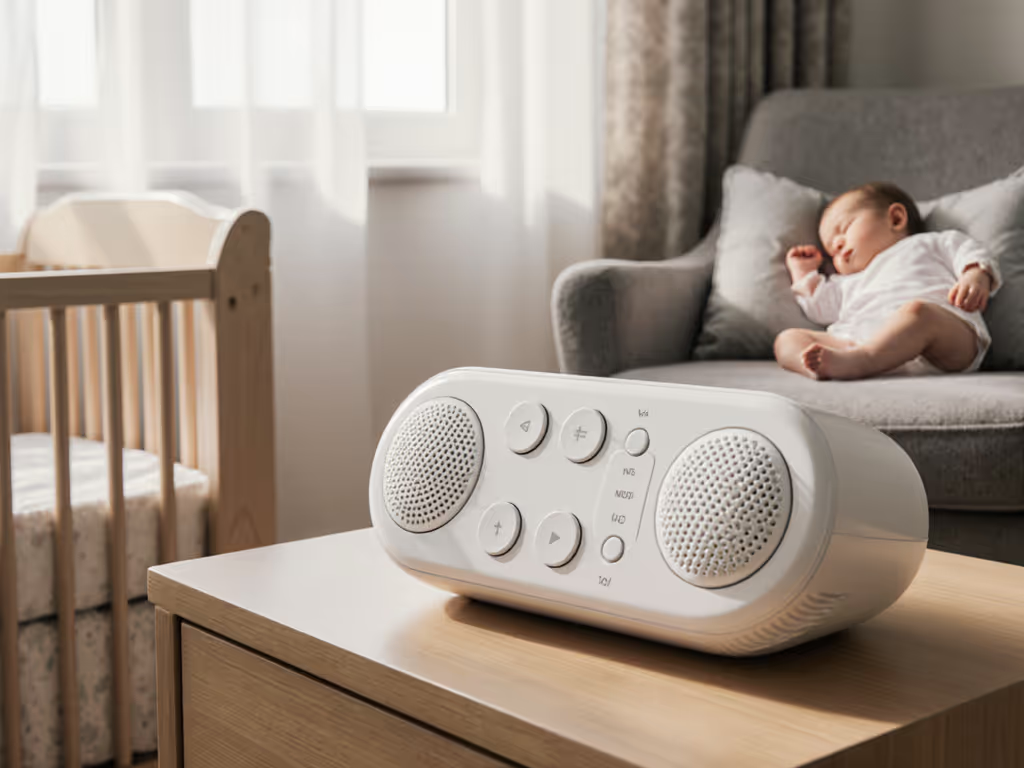
Create a safe, repeatable sleep routine with tactile controls and dBA limits. Learn must-have features and a quick checklist for visually impaired caregivers.
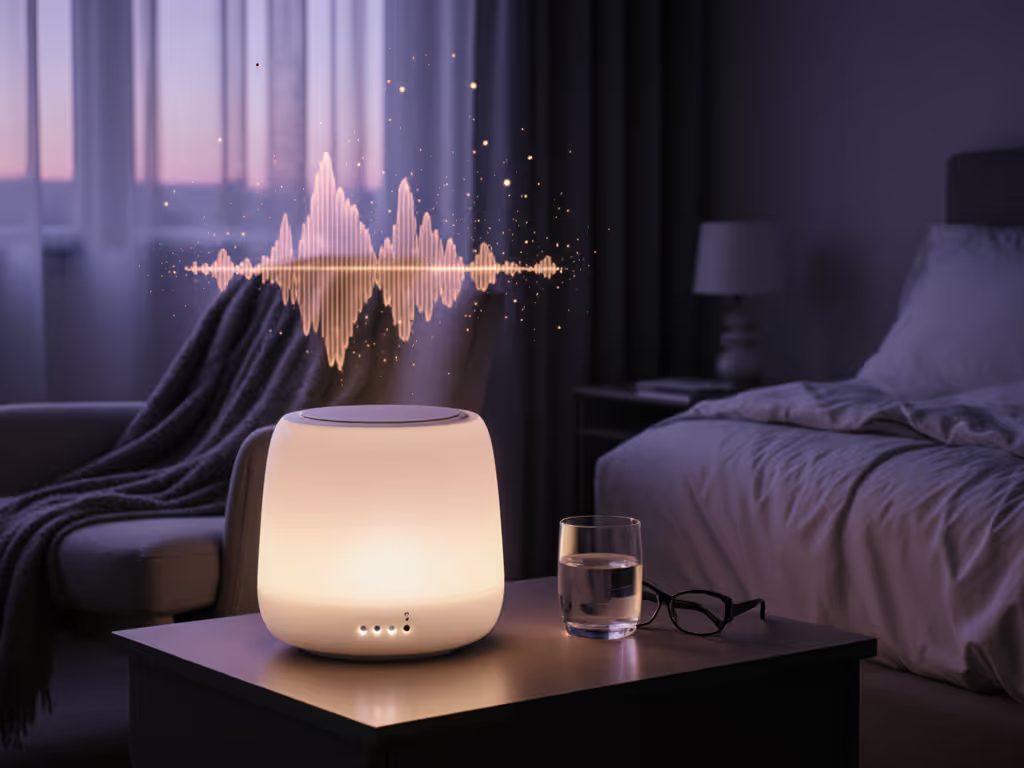
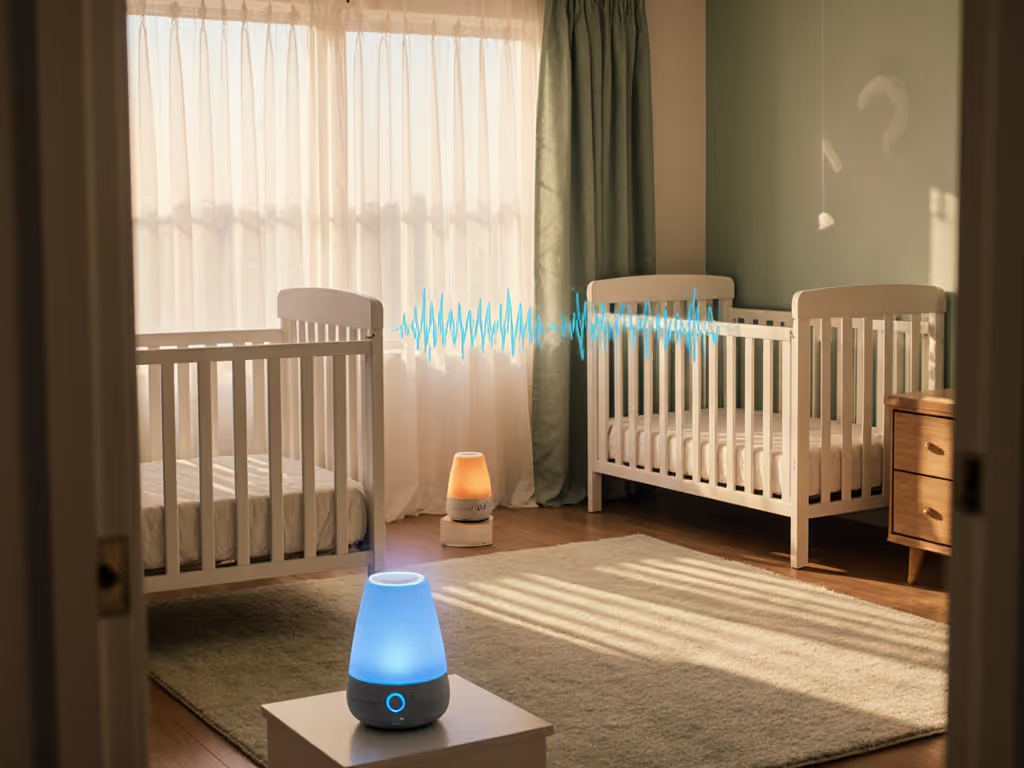
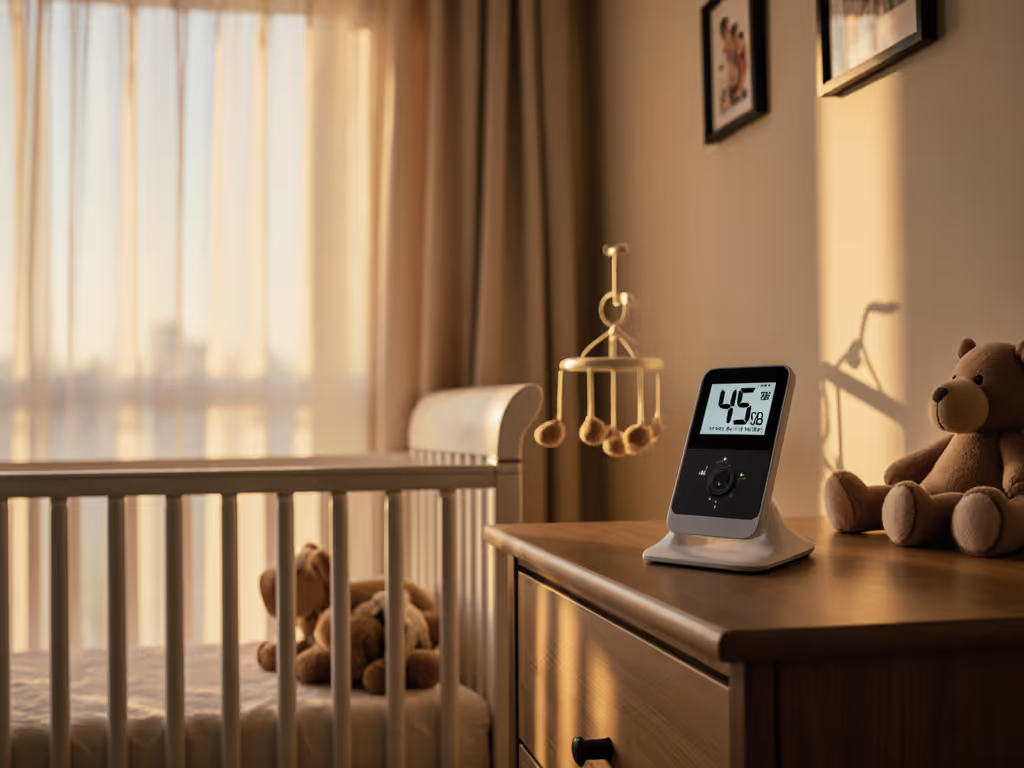
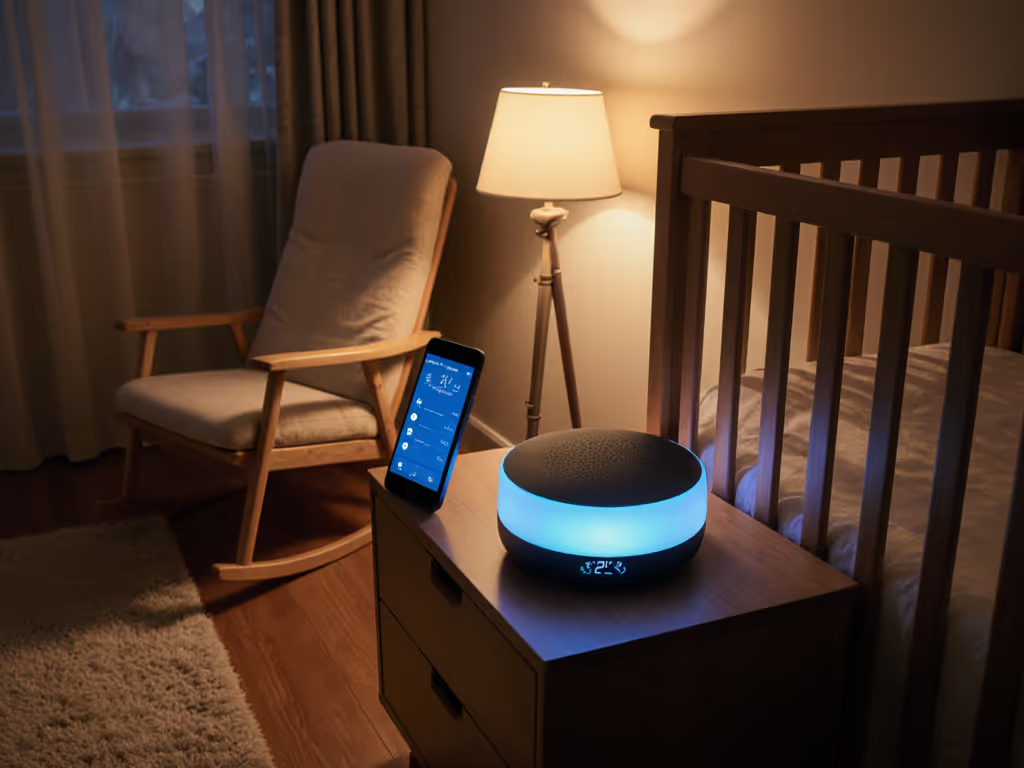
Learn how to choose app-enabled sound machines that won't fail at 3 a.m., with infant-safe volume, outage recovery, reliable controls, and travel-ready picks.
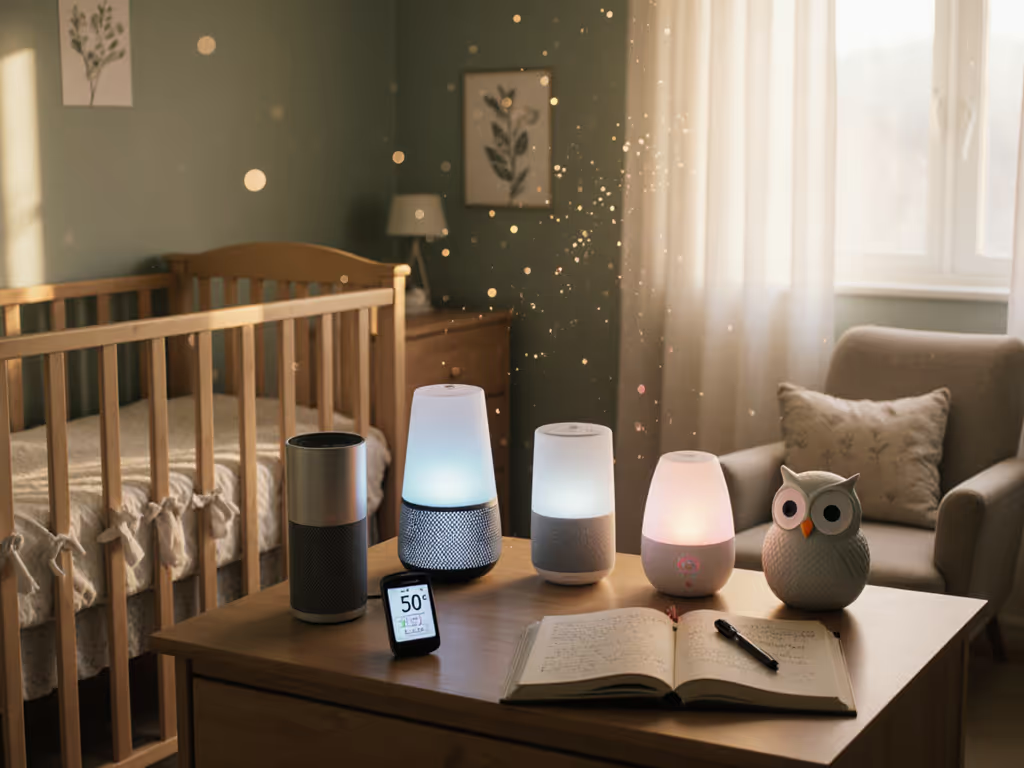
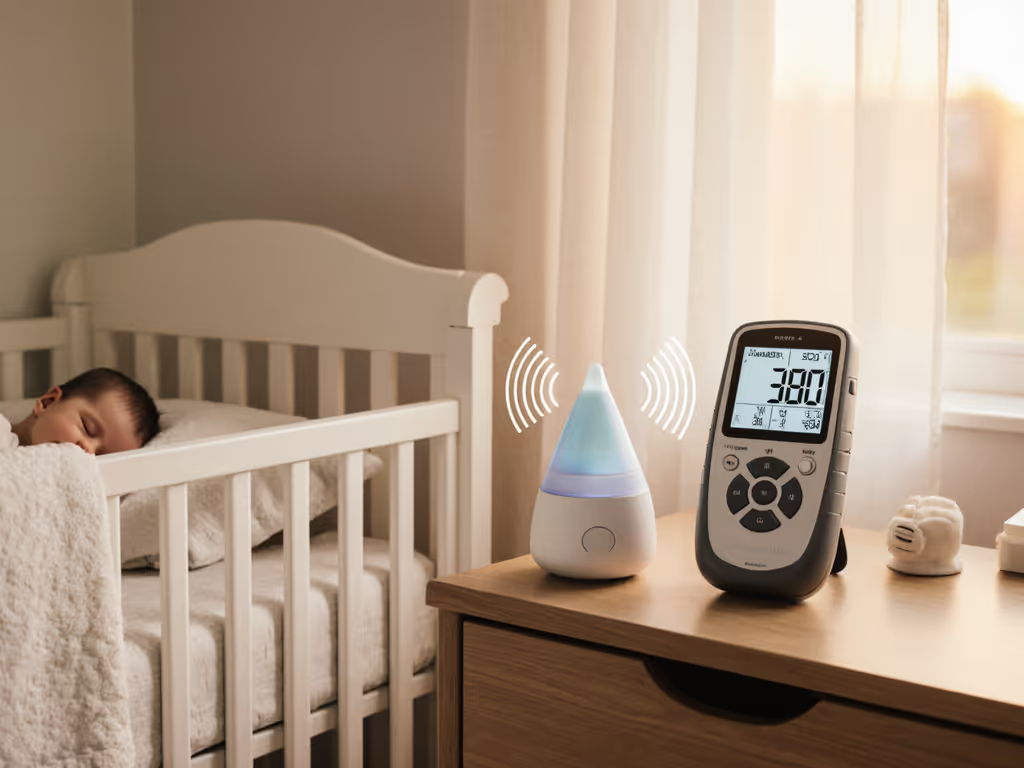
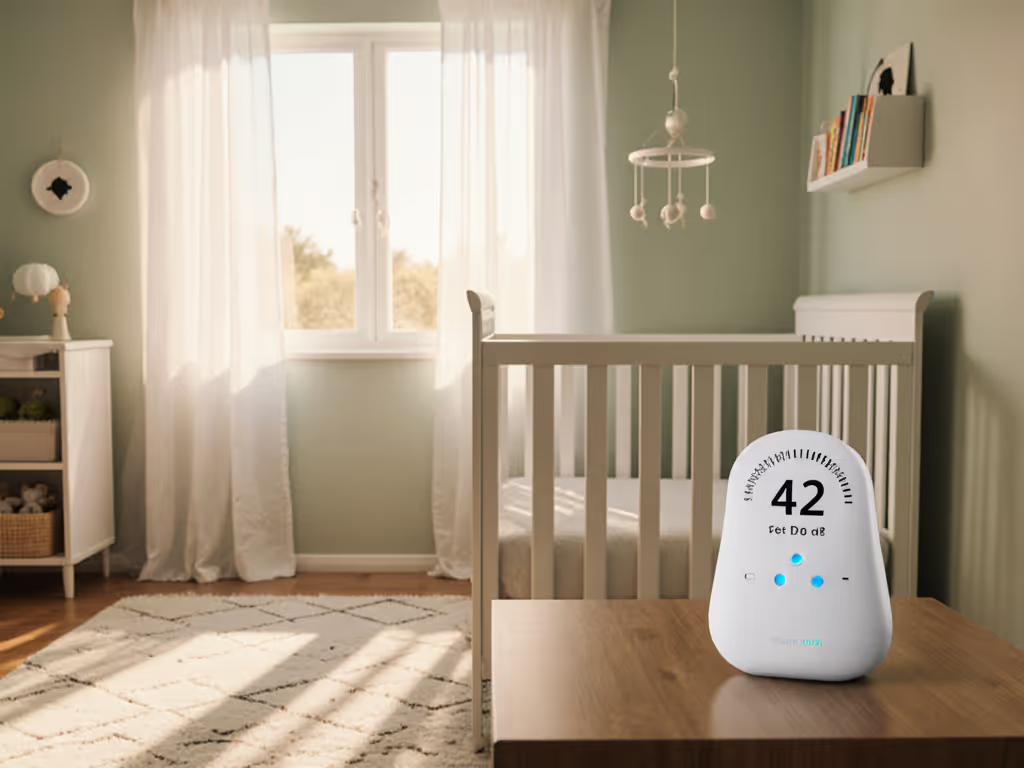
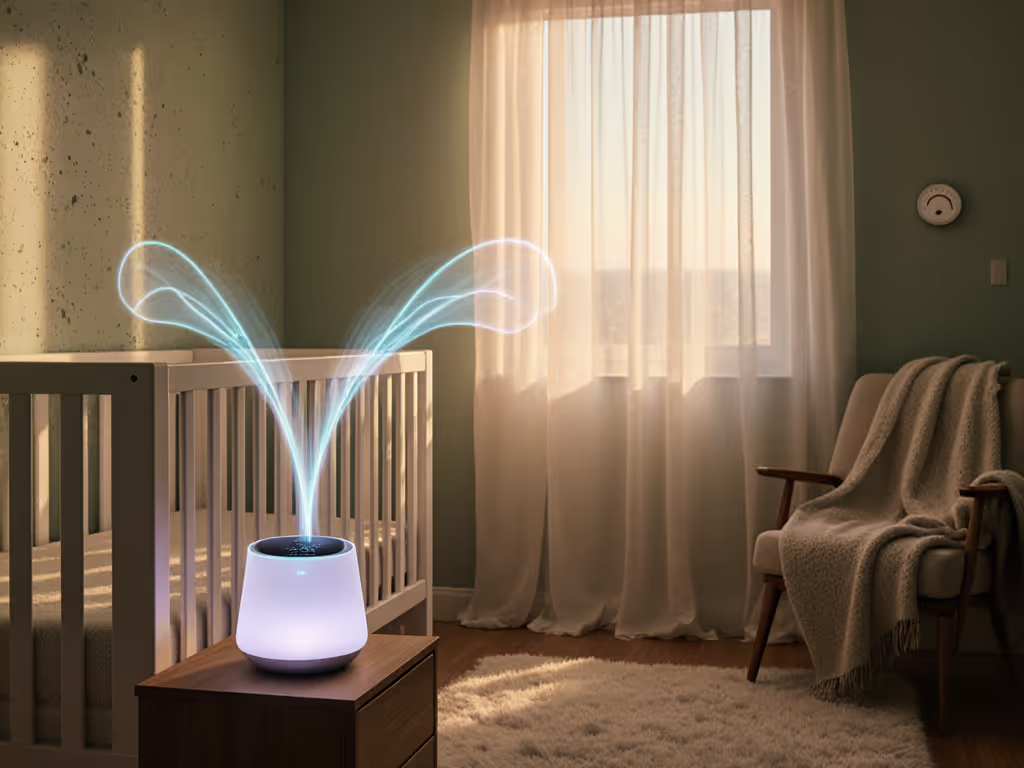
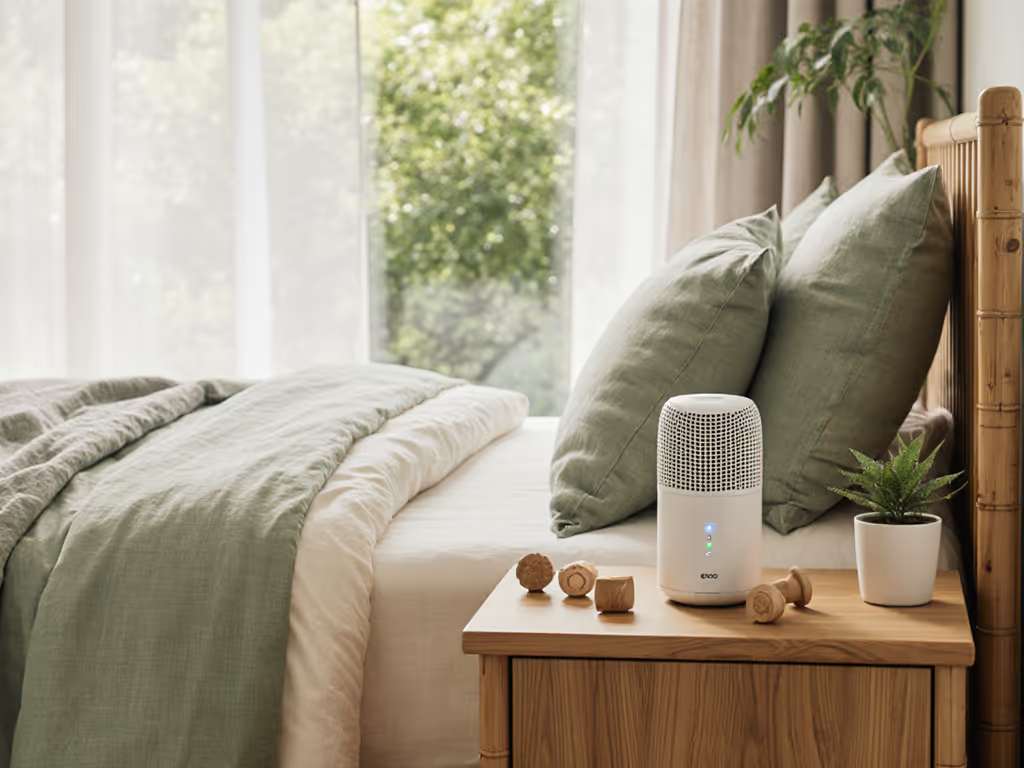
Learn why most 'eco' sound machines waste energy and fail early, and find the fan-based pick with zero standby drain, durable design, and lower nightly cost.
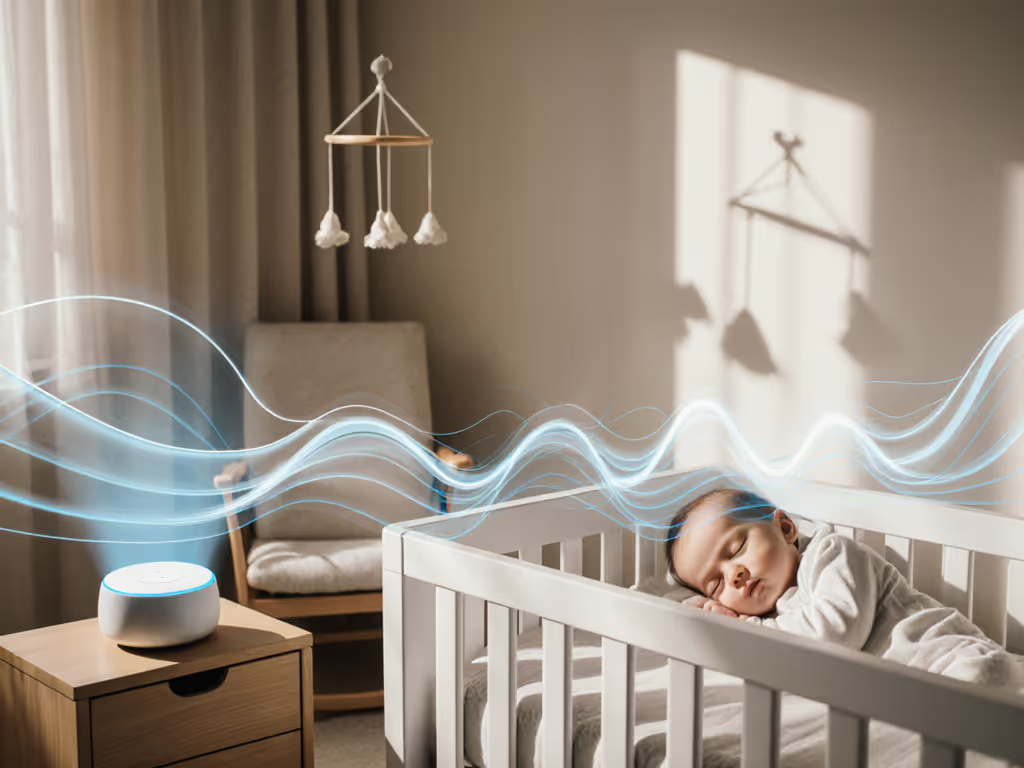
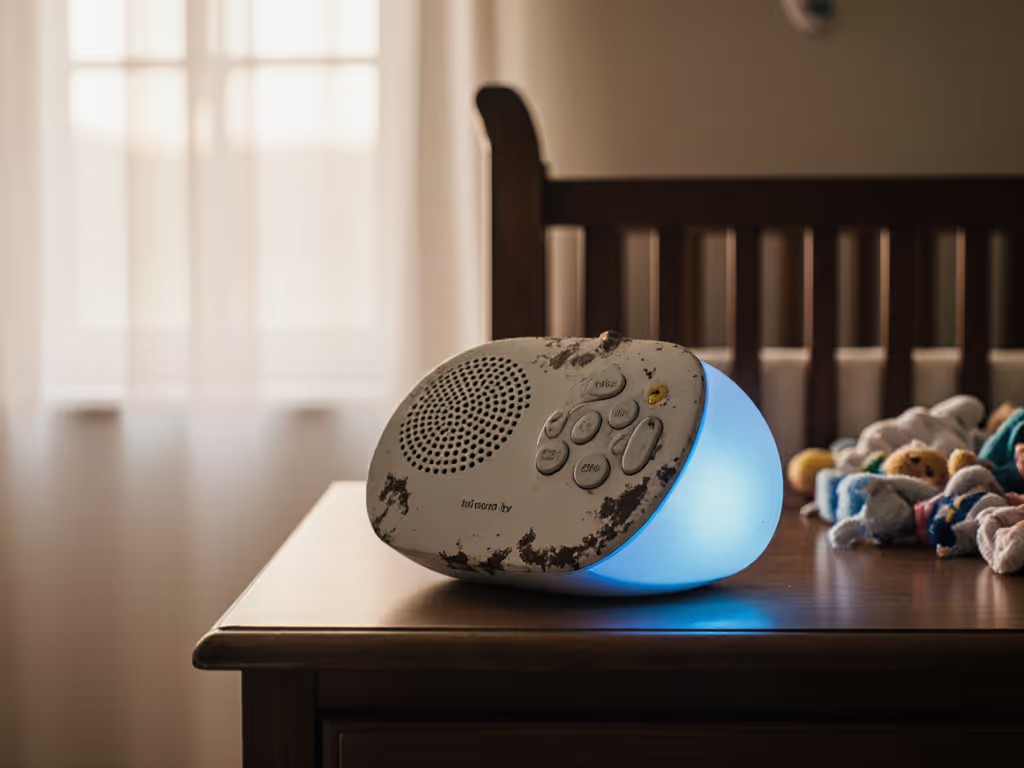
See how infant sound machines survive a year of real use, with data on battery decay, loop glitches, and wear - plus quick tests to keep sleep safe.

Core understanding of baby sound machines, including how white noise works, differences between noise colors, and safe usage guidelines.
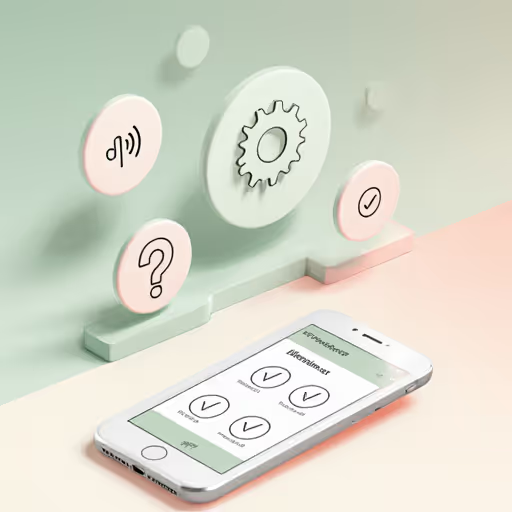
Practical guidance for implementing and optimizing sound machines—sleep training, customization, scheduling, and fixing common problems.

Recommendations and advice tailored to newborns, toddlers, and babies with specific sleep challenges (colic, reflux, sensory), plus age-based usage guidance.
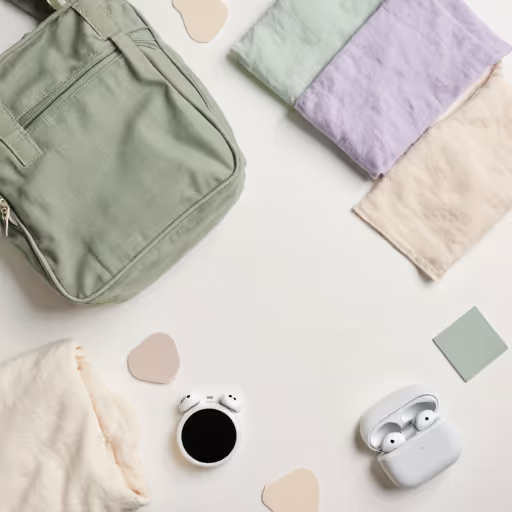
Solutions based on where and how you use sound machines—portable vs stationary, best for travel, and co-sleeping/shared room arrangements.